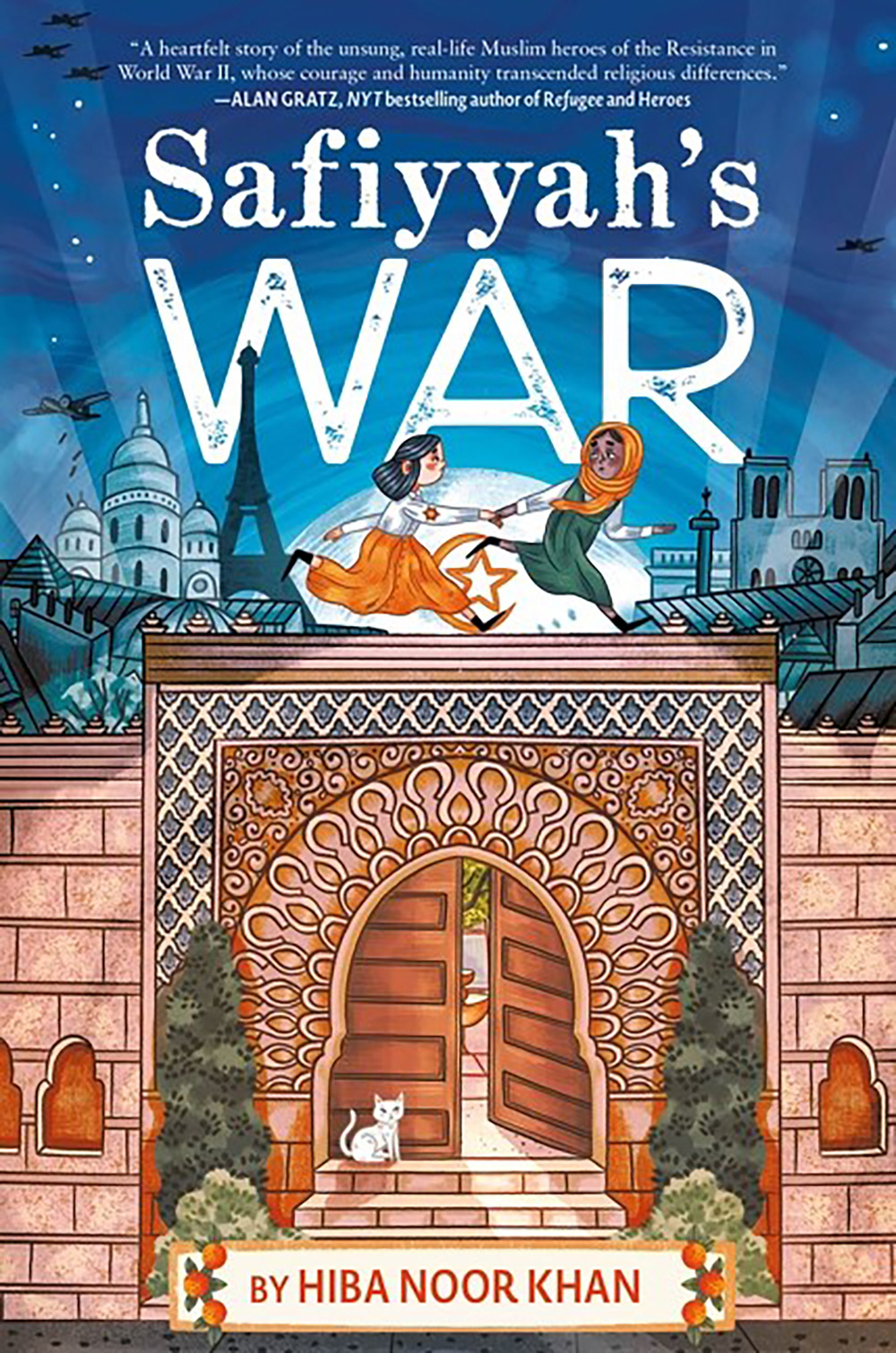Missing White Woman
Kellye Garrett’s stark Missing White Woman offers a Black woman’s perspective on the investigation of, and public reaction to, the disappearance and subsequent murder of a white woman. Jersey City, New Jersey, may not sound like a dream destination for a romantic weekend with your sweetheart, but it does serve up some lovely views of the Manhattan skyline after dark. At first, it is idyllic for Breanna Wright and her boyfriend, Tyler Franklin, offering Bree a break from her humdrum daily life in Baltimore. And then on the last day, the idyll is totally ruined: Bree pads downstairs and finds the bloodied, badly battered and quite dead body of a blond white woman, and Tyler is nowhere to be found. Then the investigation begins, recounted to us by Bree, and it becomes painfully clear that a) the attention and dedication put in to solving the disappearance and subsequent murder of a white woman is quite intensive, much more so than if the victim had been Black, and b) when there are Black people central to—or even peripheral to—the investigation, they receive a lot more unwanted attention from the police than white people. Clear-headed and opinionated, Breanna is a compelling guide through the morass. The troubling, eye-opening but still highly entertaining Missing White Woman would be a superb choice for a book club, guaranteed to stimulate lively discussion among the participants.
★ Death and Glory
One would not necessarily expect a detective novel set in 1894 London to be concerned with unfinished business regarding the U.S. Civil War, a conflict that had been over for the better part of 30 years. But author Will Thomas does not let any of that stand in his way in his latest historical mystery, Death and Glory. Private enquiry agents Cyrus Barker and Thomas Llewelyn have been called in by Scotland Yard and the crown. Their assignment? Arrange face time with the prime minister and four former Confederate leaders. Elements of the Confederacy are still alive and well in Central America, itching for a chance to rewrite history, and the four representatives hope to hold the prime minister to a past promise. In the closing months of the war, the Confederacy ordered and paid for an ironclad warship along the lines of the Merrimack and the Monitor; Great Britain was officially neutral, so it presented no diplomatic problems to take the order. However, the war drew to a close before delivery could be made. Now these so-called envoys must be dealt with in some form or fashion—a task riddled with pitfalls, some of which are deadly and not the least of which is determining if they truly are who they say they are. Fans of Thomas’ depiction of Victorian-era London and his delightful use of surprising, off-the-wall cameos by historical figures will have their expectations repeatedly exceeded.
★ Lost Birds
Anne Hillerman took over the Leaphorn & Chee mystery series after the death of her father, renowned Western author Tony Hillerman. The title of her latest, Lost Birds, refers to hundreds of Native American children who, under the midcentury Indian Adoption Project, were adopted by white families and separated from their tribal communities and heritage. Retired Navajo Tribal Police Lieutenant Joe Leaphorn, now a private investigator when the mood strikes him, has been retained to find the family and birth identity of a woman who possesses nothing more in the way of clues than an old photo of a Southwestern rock formation and a hand-woven baby blanket. (Note: Have a box of tissues ready. Seriously.) Meanwhile, married Navajo cops Jim Chee and Bernadette “Bernie” Manuelito pursue an investigation of their own: a huge explosion at a school and the concurrent disappearance of its caretaker, a longtime acquaintance of Leaphorn. Subplots abound, weaving the main characters together and displaying their near-supernatural bonds with one another, with their Navajo Nation home and with their history. Hillerman has shown endless respect for the work of her father in her writing, but also brings a female perspective to the stories, featuring Bernie more prominently and offering a look at the issues facing Native American women today. Tony’s legacy is in safe, loving hands.
★ Death of a Master Chef
Police Commissaire Georges Dupin returns in Jean-Luc Bannalec’s latest mystery, Death of a Master Chef. Dupin is visiting the Breton port town of Saint-Malo to attend an meeting about advancing cooperation among various local police forces (yawn). In a local food market where Dupin is judiciously sampling the wares, a murder takes place virtually right under the commissaire’s nez. Although he gives chase, he quickly loses sight of the suspect. But no matter; everyone knows that the murder victim was well-known chef Blanche Trouin, and everyone also knows that the killer was Lucille Trouin, Blanche’s sister and a famed chef in her own right. The pair had long stoked the fire of the longest running sister-feud since Joan Fontaine and Olivia de Havilland. This will not be the last murder: The victim’s husband meets his untimely demise soon after, followed in short order by a close friend. The case(s) will give the various Breton police departments a textbook opportunity to test out their skills at working together—let’s just say that Commissaire Dupin is not best pleased about that element of the investigation. French mysteries are like French cars (I know this from experience via my elderly but well-loved Peugeot convertible), cushy and tres confortable, a bit slow from a standing start, charmingly quirky. With Death of a Master Chef, Bannalec delivers on all counts.
















